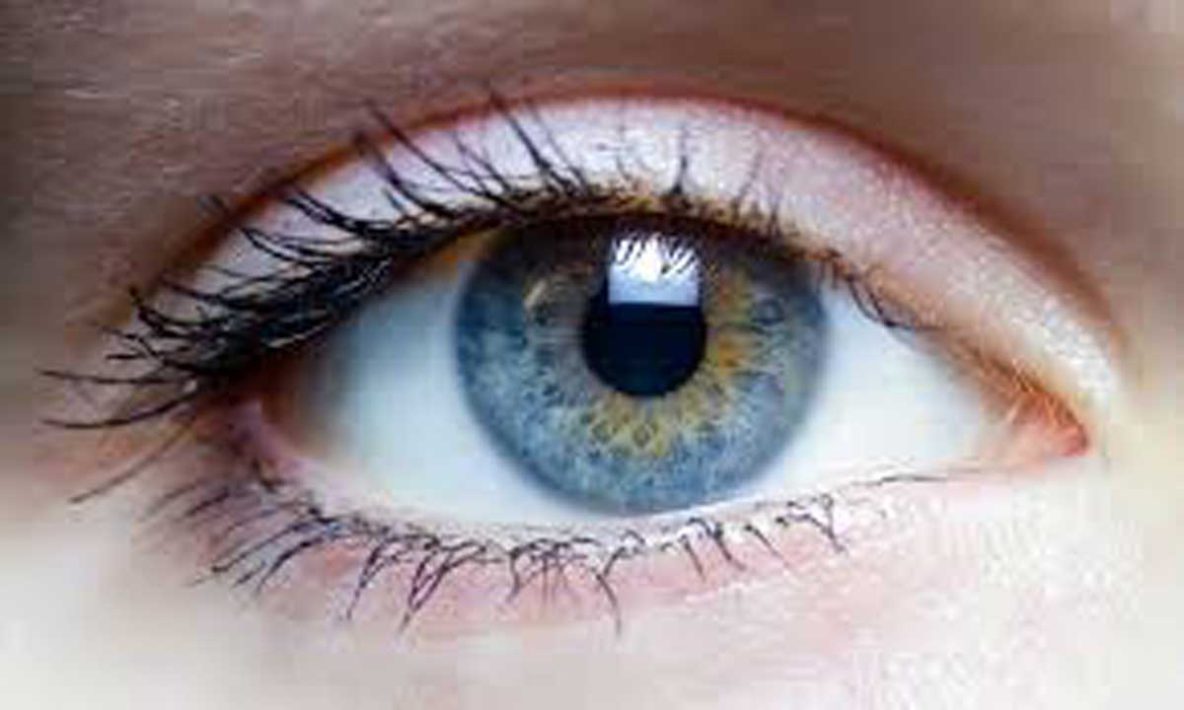Many of our relationships begin with that moment when our eyes meet and we realise the other person is looking right at us. Pause for a second and consider the intensity of the situation, the near-magical state of two brains simultaneously processing one another, each aware of being, at that very instant, the centre of the other’s mental world. Psychologists have made some surprising discoveries about the way that mutual gaze, or the lack of it, affects us mentally and physically and how we relate to each other. Here we digest the fascinating psychology of eye contact, from tiny babies’ sensitivity to gaze to the hallucination-inducing effects of prolonged eye-staring.
Our sensitivity to eye contact begins incredibly early. Infants of just two days of age prefer looking at faces that gaze back at them. Similarly, recordings of the brain activity of four-month-olds show that they process gazing faces more deeply than faces that are looking away; and at 7-months, infants’ brains process eye contact differently from averted gaze even when the eyes are shown for just 50ms – far too quick for any kind of conscious awareness. To read more from Christian Jarrett, click here.
